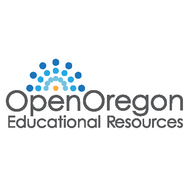
(View Complete Item Description)
Death and Dying: Culture and Issues
Introduces the institution of death in the United States. Includes a broad multicultural, interdisciplinary approach, including sociological, psychological, historical, ethical, cultural, and religious approaches to death, dying, and bereavement across the lifespan. Recommend: SOC 204, 205, or instructor permission. Prerequisites: WR 115, RD 115 and MTH 20 or equivalent placement test scores. Audit available.
This course intensely examines the processes and cultural influences on death and dying. It is appropriate for those who have an interest in these issues, works (or desires to work) in the health care field. This course is a core course of the Gerontology Certificate/Degree Program.
Students successfully completing this course will be able to do the following:
· Analyze and compare the changing social, psychological, cultural, religious, spiritual, ethical and historical changing patterns of death beliefs and traditions related to varying modes of death, across the lifespan
· Describe the physiology of death and dying, compare the effectiveness of the medical model of dying and palliative model of dying on end of life care from an individual, family, and cultural perspective, and assess the impact of legalities and legal instruments on end of life decision making for individuals and families from diverse religious and cultural backgrounds.
· Explore individual and family grief and bereavement issues through an understanding of theories, models of coping, spiritual, religious, and cultural beliefs, and end of life practices and institutions, including care facilities, burial practices ,funeral homes, crematoriums, and cemeteries.
Material Type:
Syllabus
Author:
Michael Faber




















